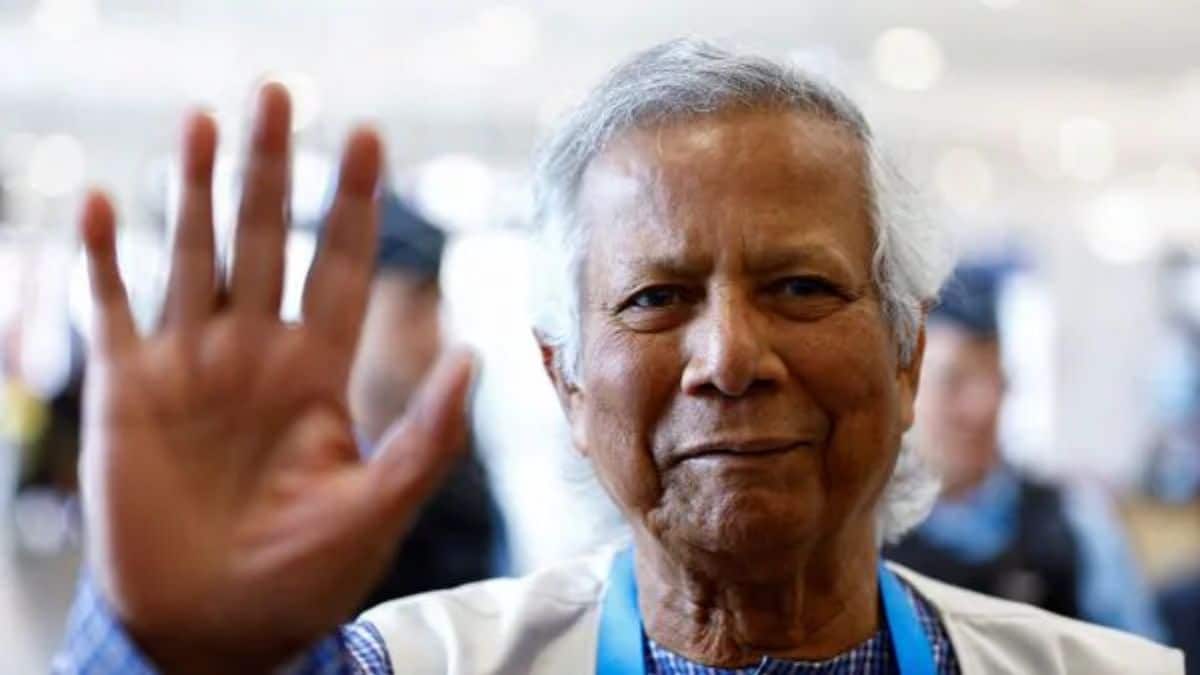China has officially welcomed the formation of Bangladesh’s new interim government, with Nobel Peace Prize laureate Muhammad Yunus sworn in as the chief adviser on August 8. The Chinese government reaffirmed its commitment to maintaining strong bilateral relations and pledged to continue working with Bangladesh to enhance cooperation across various sectors.
In a statement released on Tuesday, China’s foreign ministry noted the establishment of the interim government in Bangladesh and expressed its support for the new leadership. The ministry reiterated China’s long-standing policy of non-interference in the internal affairs of other nations, emphasizing its respect for Bangladesh’s sovereignty, independence, and the development path chosen by its people.
The formation of the interim government comes at a crucial time for Bangladesh, as the country seeks to navigate a complex political landscape and ensure a smooth transition to democracy. Muhammad Yunus, known globally for his efforts in poverty alleviation through microfinance, has taken on the role of chief adviser with the mandate to guide the country through this period of change.
China’s foreign ministry spokesperson underscored the deep-rooted friendship between China and Bangladesh, highlighting the historical ties that have long defined the relationship between the two nations. The spokesperson stated that China values its strategic partnership with Bangladesh and is ready to collaborate on furthering exchanges and cooperation in various areas.
The statement also reinforced China’s commitment to its policy of good neighborliness and friendship with all the people of Bangladesh, signaling Beijing’s intent to support the nation as it moves forward under its new leadership. This diplomatic gesture reflects China’s broader strategy of maintaining stability and fostering positive relations with its neighbors, particularly in times of political transition.

